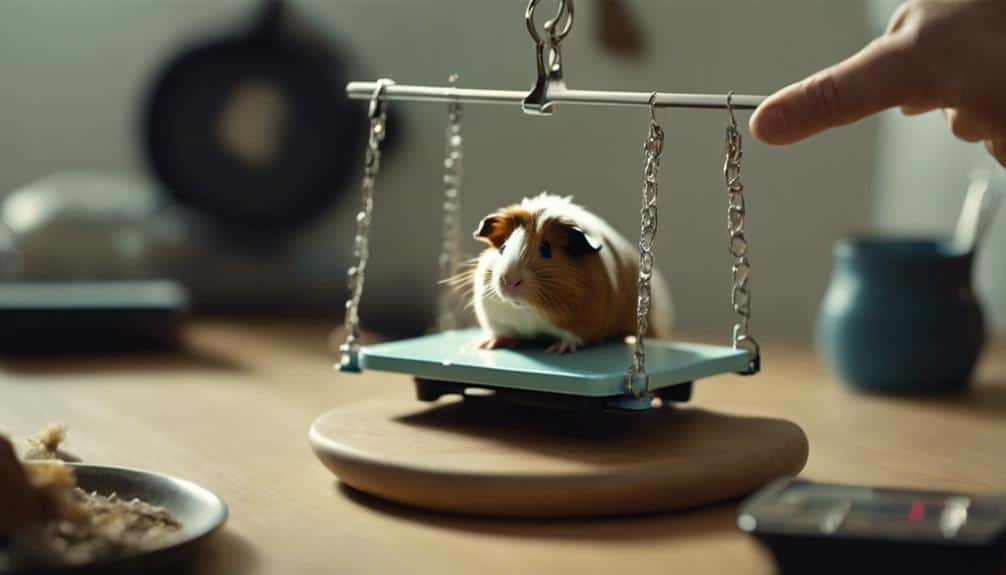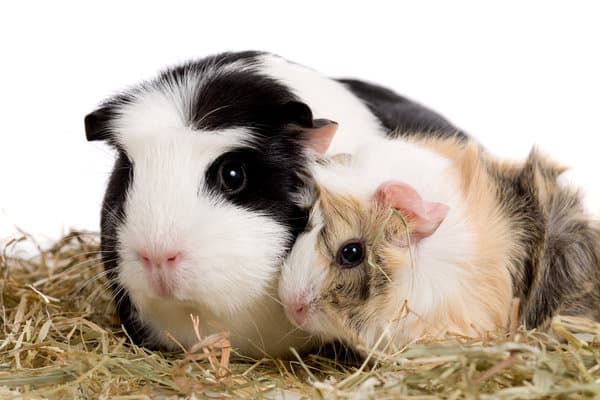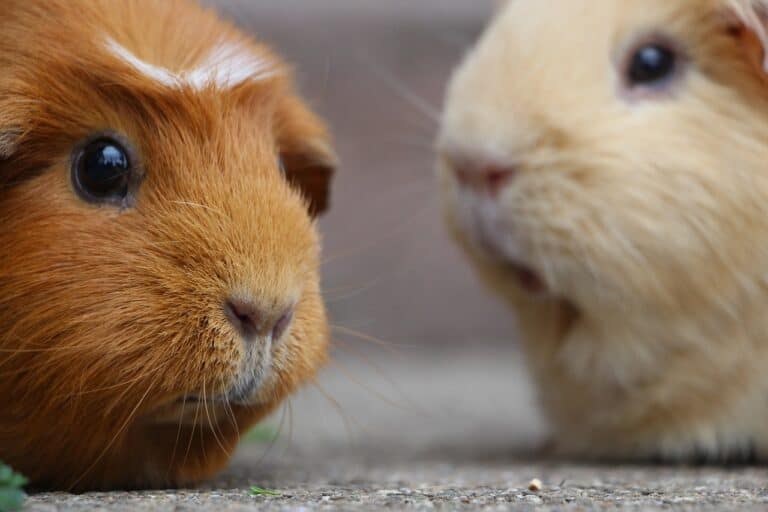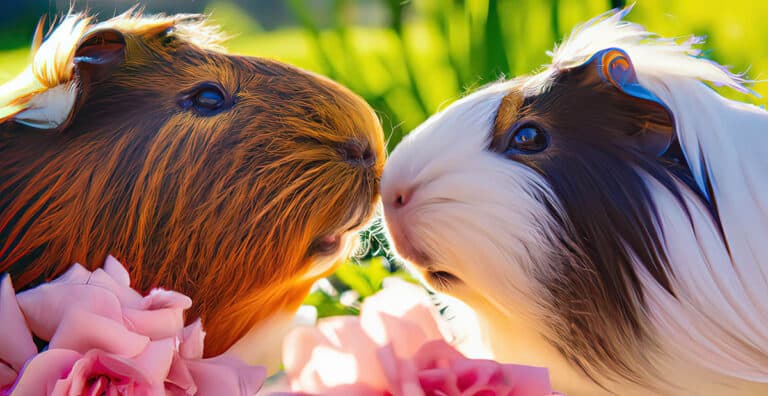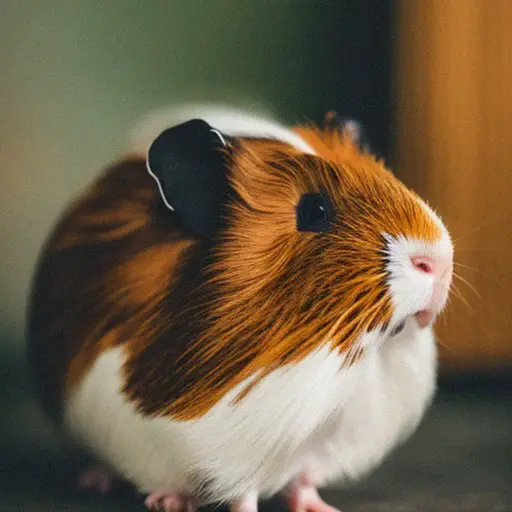How Much Does a Guinea Pig Weigh: A Complete Weight Guide
When it comes to guinea pigs, did you know that their weight can range from 1.5 to 2.5 pounds on average? Understanding the important weight range of these adorable pets is vital for their overall well-being.
But how can we make sure that our guinea pigs are maintaining a healthy weight? Let’s explore the factors that influence a guinea pig’s weight and the best practices for monitoring and managing it effectively.
Join us as we uncover the essential guidelines for keeping your furry friends in tip-top shape.
Average Guinea Pig Weight Ranges
When raising guinea pigs, it’s essential to understand the average weight ranges for these small rodents to secure their health and well-being. Adult male guinea pigs typically weigh between 900-1,200 grams, while adult females usually weigh between 700-900 grams. It’s important to note that guinea pigs can reach weights of over a kilogram when fully grown, with males generally weighing 20-25% more than females. Newborn guinea pig pups typically weigh between 60-120 grams.
To guarantee your guinea pigs maintain a healthy weight, provide them with a balanced and nutritious diet. Monitor your guinea pigs regularly for any signs of weight gain or sudden weight loss, as these could indicate underlying health issues. Keeping track of their weight using weight charts can help you detect any fluctuations early on and take necessary actions to address them promptly. Remember, a well-fed and appropriately weighed guinea pig is a happy and healthy guinea pig.
Factors Affecting Guinea Pig Weight
Factors such as guinea pig breeds and age greatly influence the weight of these small rodents. When considering your pet guinea pig’s weight, it’s important to understand the following:
- Weight Changes: Guinea pigs’ weight can fluctuate due to factors like diet, exercise, and health issues.
- Feeding Your Pet: Providing a balanced diet is essential for maintaining a healthy guinea pig weight.
- Sudden Changes: Rapid weight loss or gain may indicate an underlying health problem that requires veterinary attention.
- Guinea Pigs Grow: As guinea pigs grow, their weight will naturally increase over time, but monitoring this growth is essential to make they’re within a healthy range.
Understanding how these factors impact your pet’s weight is key to promoting a happy and healthy life for your guinea pig. By providing a balanced diet, monitoring weight changes, and being attentive to sudden fluctuations, you can help maintain your guinea pig’s well-being.
Weighing Techniques for Guinea Pigs
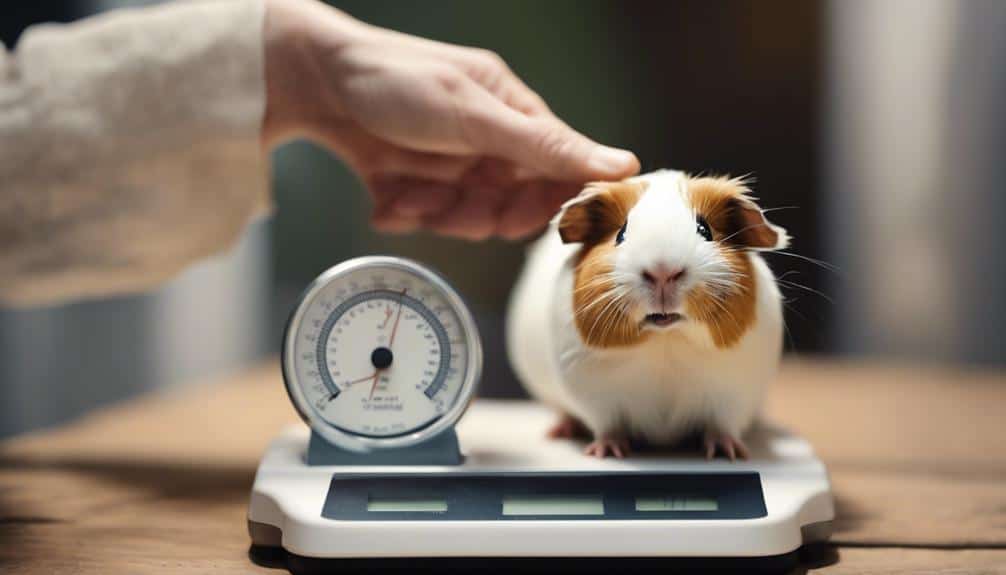
To accurately weigh your guinea pig, utilize precise kitchen scales and confirm your pet is still on the scales before recording the weight.
It’s crucial to make sure your guinea pig remains calm and still during the weighing process to obtain an accurate measurement. For fidgety guinea pigs, using a bowl or tin to contain them can help keep them in place. Remember to subtract the weight of the container to get the precise weight of your individual guinea pig.
Regularly calibrating the scale and ensuring it’s on a stable surface are important steps to guarantee accurate readings. If you notice any sudden changes in weight, it’s important to take action and consult a vet as soon as possible.
Maintaining a healthy weight is important to help your guinea pig stay happy and active, so monitoring their weight regularly can help you detect any issues early on.
Monitoring Weight Changes in Guinea Pigs
Regularly monitoring the weight of your guinea pig is essential for detecting any potential health issues early on. To guarantee your guinea pig’s well-being, here are some key points to ponder:
- Weekly Weigh-Ins: Weigh your guinea pig weekly to track any fluctuations that may indicate health problems.
- Sudden Changes: Be alert for sudden weight changes, as they can be a sign of underlying health issues.
- Accurate Scales: Use precise kitchen scales to get accurate weight measurements.
- Record Keeping: Keep a record of your guinea pig’s weight in a spreadsheet to monitor trends and identify any abnormalities promptly.
Managing Underweight and Overweight Guinea Pigs
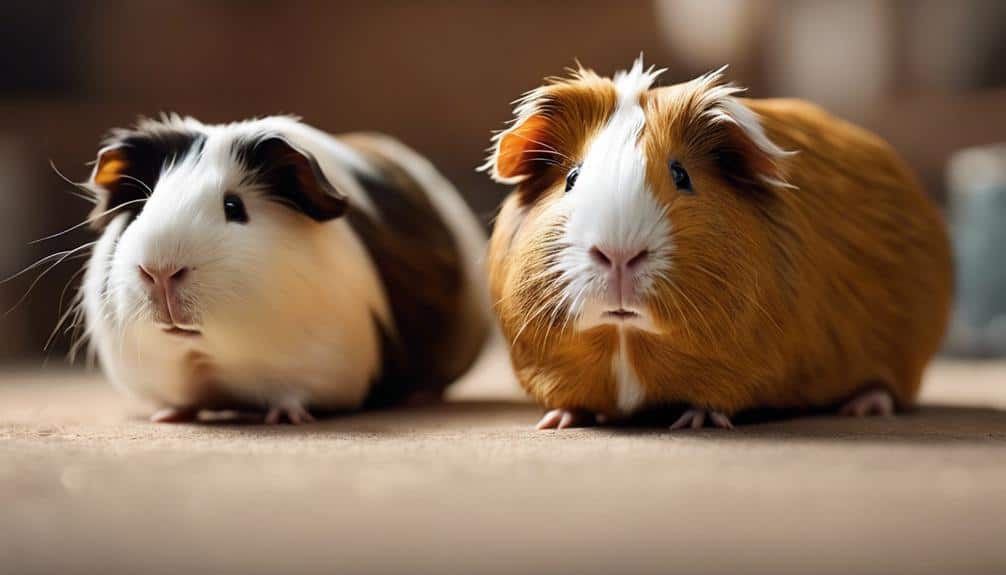
When managing underweight and overweight guinea pigs, veterinary consultation may be necessary to address feeding and environmental concerns effectively. Underweight guinea pigs require a balanced diet, weight monitoring, and encouragement for exercise to prevent health issues. It’s important to focus on providing the right nutrients and creating a conducive environment for physical activity.
On the other hand, overweight guinea pigs should seek veterinary advice to manage their daily food intake and promote physical activity to shed excess weight. By offering a healthy diet, monitoring portion sizes, and engaging in active play, owners can help their guinea pigs maintain a healthy weight.
Both underweight and overweight guinea pigs need careful attention to their diet, exercise routine, and overall well-being to ensure they stay at an ideal weight for their health and happiness. Regular veterinary check-ups and proactive measures can help prevent weight-related problems and promote a long, healthy life for these adorable pets.
Conclusion
In summary, keeping track of your guinea pig’s weight is vital for their overall health and well-being. Just like the saying ‘a stitch in time saves nine,’ regularly monitoring their weight can help catch any potential issues early on.
By following the weight guide provided, you can make sure your furry friend stays happy and healthy for years to come. Remember, a little effort now can prevent bigger problems down the road.

